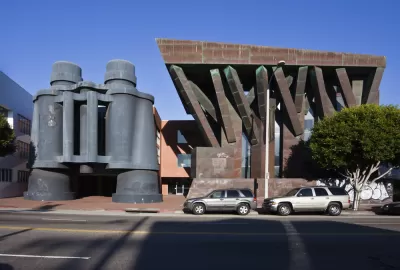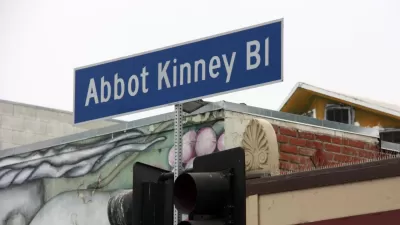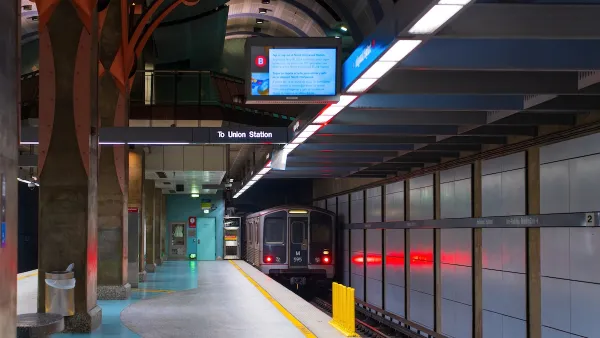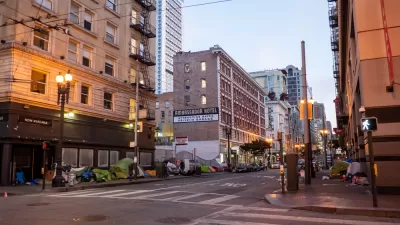The 800,000 undocumented immigrants in Los Angeles County are at the opposite end of the socioeconomic spectrum from the 1,900 employees at Snapchat. The fate of both populations have deep implications for L.A.'s housing crisis.

"Back when Snapchat was just a sketchy platform for kids to send, um, silly photos to each other, the fledgling company operated out of a cottage in Venice Beach. As it grew into a social media juggernaut, it didn't follow convention by renting space in a high rise or building a mega-campus in the suburbs. Instead, it colonized its own neighborhood, expanding from cottage to cottage, scooping up small office spaces, and oozing its way through Venice."
"Despite all pressure to the contrary, coastal cities and neighborhoods have refused to add housing. Los Angeles has done so in places, but housing supply on the Westside is growing at rates somewhere between 0 and negative-22 billion percent. Home prices are already bonkers. We can only imagine what will happen when the Snap folks get real money in their bank accounts."
"On the very same day that the New York Times reported on Snap’s impending riches, President Donald Trump announced his intention to fulfill his promise to aggressively deport undocumented immigrants."
"If it succeeds, 800,000 people in Los Angeles County could disappear like so many Snap messages. That’s 800,000 lost workers. 800,000 lost customers. 800,000 lost mothers, fathers, siblings and friends. 800,000 lost taxpayers. It’s also 800,000 bedrooms that will open up....I don’t want to say any more about it other than that deportation is — to say the least — the most perverse way to solve a housing crisis."
"The Snap IPO completes the process of turning Venice into a superstar neighborhood in a superstar city – which, as Richard Florida describes in The New Urban Crisis, is marked by inequality, unaffordability, segregation, and economic dysfunction. It’s also marked, I’d argue, by political apathy."
FULL STORY: Tech Windfall, Deportation Order Threaten to Snap Los Angeles in Half

Planetizen Federal Action Tracker
A weekly monitor of how Trump’s orders and actions are impacting planners and planning in America.

Map: Where Senate Republicans Want to Sell Your Public Lands
For public land advocates, the Senate Republicans’ proposal to sell millions of acres of public land in the West is “the biggest fight of their careers.”

Restaurant Patios Were a Pandemic Win — Why Were They so Hard to Keep?
Social distancing requirements and changes in travel patterns prompted cities to pilot new uses for street and sidewalk space. Then it got complicated.

Platform Pilsner: Vancouver Transit Agency Releases... a Beer?
TransLink will receive a portion of every sale of the four-pack.

Toronto Weighs Cheaper Transit, Parking Hikes for Major Events
Special event rates would take effect during large festivals, sports games and concerts to ‘discourage driving, manage congestion and free up space for transit.”

Berlin to Consider Car-Free Zone Larger Than Manhattan
The area bound by the 22-mile Ringbahn would still allow 12 uses of a private automobile per year per person, and several other exemptions.
Urban Design for Planners 1: Software Tools
This six-course series explores essential urban design concepts using open source software and equips planners with the tools they need to participate fully in the urban design process.
Planning for Universal Design
Learn the tools for implementing Universal Design in planning regulations.
Heyer Gruel & Associates PA
JM Goldson LLC
Custer County Colorado
City of Camden Redevelopment Agency
City of Astoria
Transportation Research & Education Center (TREC) at Portland State University
Camden Redevelopment Agency
City of Claremont
Municipality of Princeton (NJ)





























